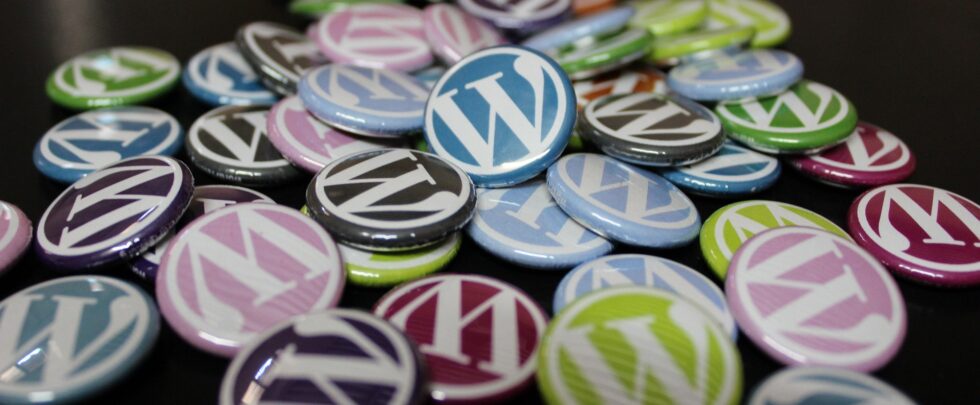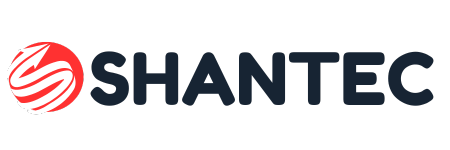Exploring the Differences: Joomla vs. Drupal vs. WordPress

When it comes to building a website, choosing the right Content Management System (CMS) can make all the difference. Joomla, Drupal, and WordPress are three of the most popular CMS options available today. Each has its own strengths and weaknesses, making them suitable for different types of projects. Let’s dive into the key differences to help you decide which one is the best fit for your website.
Ease of Use
WordPress: The User-Friendly Option
WordPress is the go-to choice for beginners and small businesses. It’s incredibly user-friendly, with an intuitive interface that makes it easy to set up and manage a website. Most hosting providers offer one-click installations, so you can get started in minutes. The learning curve is minimal, making it perfect for blogs, small business websites, and simple online stores.
Joomla: A Step Up in Complexity
Joomla offers more flexibility than WordPress but is still relatively easy to use. It’s a great option if you have a bit of technical knowledge and want more control over your site’s customization. The installation process is straightforward, and there are plenty of tutorials and resources to help you along the way. Joomla is ideal for e-commerce sites, social networks, and membership-based websites.
Drupal: Power for the Pros
Drupal is the most complex of the three, designed for developers and those with technical expertise. While the installation and setup require more knowledge, Drupal offers unparalleled flexibility and power. It’s perfect for large-scale projects like enterprise websites, social networks, and forums. If you need a highly customizable and scalable solution, Drupal is the way to go.
Flexibility and Customization
WordPress: Plugins and Themes Galore
WordPress boasts a vast library of themes and plugins, allowing you to extend your site’s functionality with ease. While it’s not as customizable out-of-the-box as Joomla or Drupal, you can achieve a lot with the right plugins. This makes WordPress suitable for a wide range of sites, from blogs to small e-commerce stores.
Joomla: Built-In Customization
Joomla offers extensive customization options right from the start. With a wide array of templates and extensions, you can create a site that fits your specific needs without relying too heavily on third-party plugins. This makes Joomla a solid choice for medium-sized businesses and more complex e-commerce sites.
Drupal: The King of Customization
When it comes to customization, Drupal is unmatched. Its modular system allows you to build highly customized websites tailored to your exact specifications. While this requires more technical know-how, the flexibility you gain is worth it for large and complex projects. Drupal is the preferred choice for developers building intricate, large-scale sites.
Performance and Scalability
WordPress: Optimizable for Speed
WordPress can be optimized for performance with the right hosting and caching plugins. While it’s suitable for small to medium-sized websites, it may require additional work to handle very large sites efficiently. Proper optimization and hosting are key to maintaining performance as your site grows.
Joomla: Efficient and Scalable
Joomla offers good performance out-of-the-box and is efficient for content-heavy sites. It scales well for mid-sized websites and can handle more complex setups with the right configuration. Joomla is a reliable choice for businesses expecting moderate growth and complexity.
Drupal: Built for High Performance
Drupal excels in performance, especially for large, complex websites. Its architecture is designed to handle high traffic and extensive content efficiently. Drupal’s scalability makes it ideal for enterprise-level projects and sites that require robust performance under heavy loads.
Security
WordPress: Secure with Vigilance
WordPress is regularly updated and has a large community focused on security. However, its popularity makes it a common target for hackers. Using security plugins and keeping everything up-to-date is crucial to maintaining a secure WordPress site.
Joomla: Robust Security Features
Joomla comes with strong built-in security features and regular updates. While it’s less targeted than WordPress, it still requires proper maintenance and security practices to stay protected. Extensions are available to enhance Joomla’s security even further.
Drupal: Security First
Drupal is renowned for its robust security, making it a preferred choice for government and enterprise websites. Its strong focus on security best practices means it’s less targeted and better equipped to handle vulnerabilities. Regular updates and a dedicated security team help keep Drupal sites secure.
Community and Support
WordPress: The Largest Community
WordPress has the largest and most active community of the three. This means extensive support through forums, blogs, tutorials, and official documentation. If you run into issues, you’re likely to find solutions quickly thanks to the vast number of users and developers.
Joomla: Active and Helpful
Joomla’s community is active and offers good support through forums, documentation, and tutorials. While not as large as WordPress, it’s still a robust resource for troubleshooting and learning.
Drupal: Dedicated and Technical
Drupal’s community may be smaller, but it’s highly dedicated and technical. Comprehensive documentation and active forums provide excellent support, especially for more complex and technical questions. The community’s focus on development and customization makes it a valuable resource for developers.
Conclusion
Choosing the right CMS depends on your specific needs and technical expertise:
- WordPress is perfect for beginners and small to medium-sized websites. Its user-friendliness and extensive plugin library make it a versatile choice for many projects.
- Joomla offers a balance of ease of use and customization, suitable for users with some technical knowledge. It’s great for e-commerce and community-based websites.
- Drupal provides unmatched flexibility and power for developers building large, complex sites. Its robust performance and security features make it ideal for enterprise-level projects.
